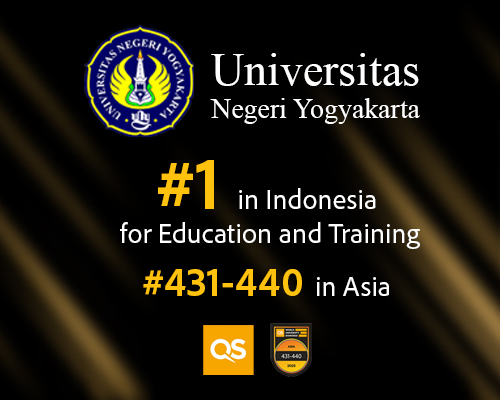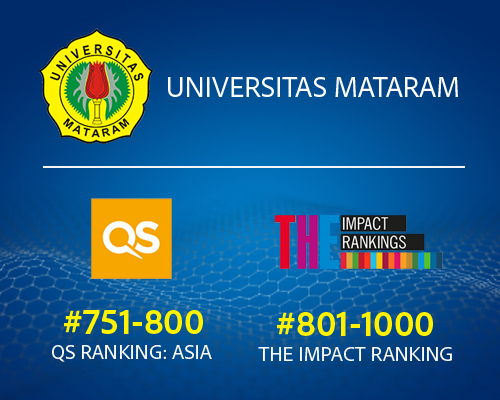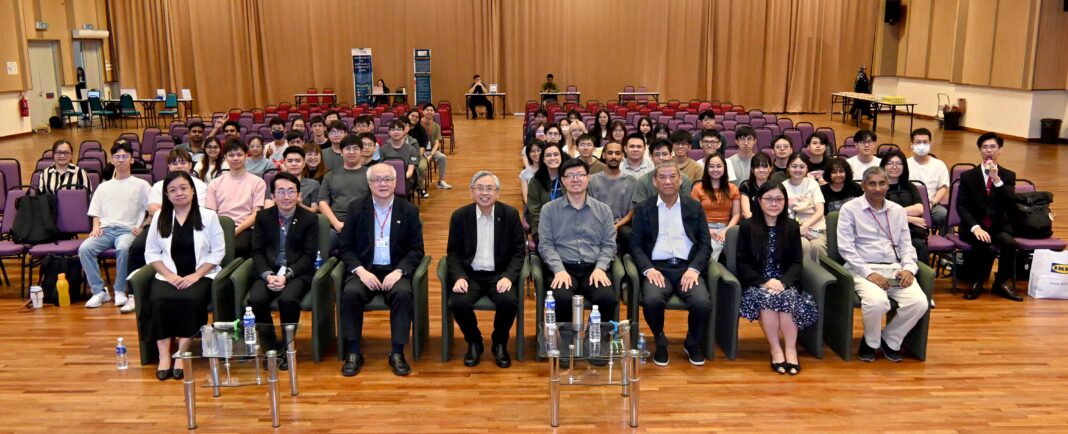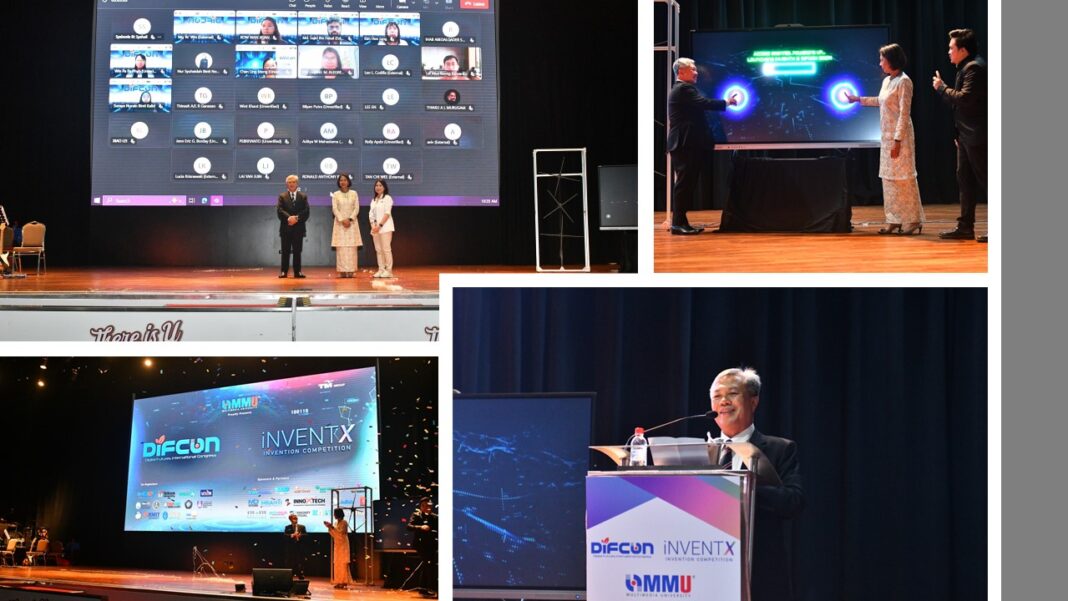University graduates face an increasingly competitive job market where career preparation extends far beyond academic achievements. Strategic networking and professional insight from experienced alumni can provide the crucial edge needed for post-graduation success.
**Key Points**
- UTAR Alumni Relations organized a career-focused Tea Talk on September 23 for graduating students
- Three successful alumni shared professional experiences across finance, marketing, and HR sectors
- Core advice centered on networking, adaptability, and continuous skill development
- Interactive Q&A session enabled direct engagement between graduands and industry professionals
How UTAR Tea Talk prepares graduands for life beyond university walls
What made this alumni event significant for career preparation?
The UTAR Tea Talk, organized by the UTAR Alumni Relations and Placement Department on September 23, provided an opportunity for graduands to gain insights into the working world. Consequently, this strategic initiative bridged the gap between academic learning and professional reality through direct mentor-student interaction.
The event featured a panel of successful alumni who shared their experiences and tips for navigating life after university. Notably, the diverse professional backgrounds represented comprehensive career guidance across multiple industries.
Who delivered the professional insights?
The panelists included Wong Yu Heng, a Corporate Finance Executive; Ho Wei Jin, a Marketing Executive; and Tan Hui Yee, a Human Resource Manager. These professionals brought varied perspectives from finance, marketing, and human resources sectors.
What career advice did the alumni panel share?
The alumni delivered three fundamental principles for professional success through their collective expertise. Their recommendations addressed both immediate job search strategies and long-term career development approaches.
- Wong Yu Heng advised that networking is crucial. “Building connections can open doors to job opportunities,” he said.
- Ho Wei Jin emphasized the importance of adaptability. “The job market is constantly changing, and being flexible can give you an edge,” she noted.
- Tan Hui Yee highlighted the need for continuous learning. “Never stop improving your skills. It’s key to staying relevant,” she stated.
How did networking emerge as a priority theme?
Corporate Finance Executive Wong Yu Heng positioned relationship-building as a cornerstone of career advancement. His emphasis on connection-building reflects the reality that many opportunities arise through professional relationships rather than traditional application processes.
The convergence of industry expertise created a comprehensive roadmap for graduate success.
Why did adaptability feature prominently in the guidance?
Marketing Executive Ho Wei Jin’s focus on flexibility addresses the rapidly evolving nature of modern workplaces. In contrast to static career paths of previous generations, today’s professionals must navigate technological disruption and shifting market demands.
How did the interactive format enhance the learning experience?
The Tea Talk concluded with a Q&A session, allowing graduands to engage with the alumni and seek further advice. This interactive component transformed the event from a one-way presentation into a dynamic mentorship experience where students could address specific concerns and receive personalized guidance.
Furthermore, this direct engagement model reflects research on alumni networking effectiveness in career development and job placement success rates.
Bottom Line
UTAR’s Tea Talk demonstrates how strategic alumni engagement can bridge the university-to-workplace transition through practical mentorship and industry insights. The event’s focus on networking, adaptability, and continuous learning provides graduands with actionable strategies for navigating competitive job markets.
Moving forward, such alumni-student interaction models position educational institutions as comprehensive career development partners rather than solely academic providers. The success of this initiative suggests potential for expanded mentorship programs that connect graduates with industry professionals across diverse sectors.





